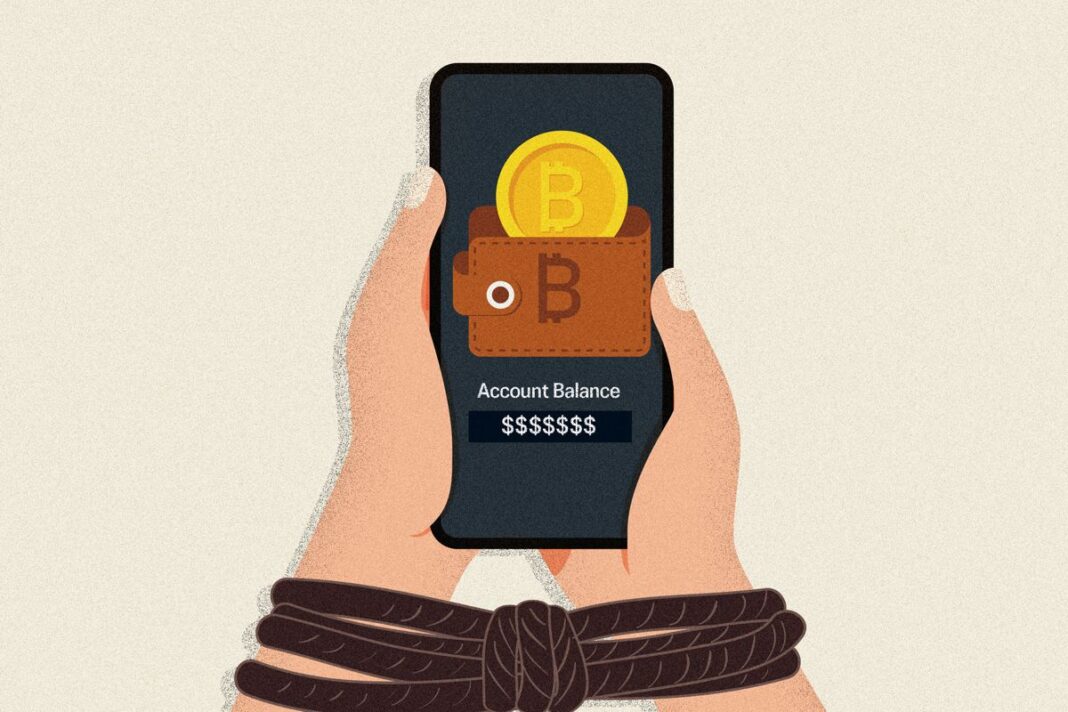‘It’s fairly reasonable to assume that the vast majority of attacks are never publicized,’ one cryptocurrency expert said.
As celebrity Twitch streamer Kaitlyn Siragusa (better known as Amouranth) slept at her home in Houston, three men broke in and pistol-whipped her, demanding she hand over her cryptocurrency.
What the thieves didn’t know was that Siragusa’s husband, Nick Lee, was in the bathroom. Lee emerged with a gun and fired at the men, causing them to flee, Siragusa told Fox News.
The March 2 incident is just one in a recent string that has prompted authorities to warn investors in cryptocurrency and people owning large amounts of digital assets about their vulnerability to kidnapping and robbery.
Elsewhere, a kidnapping attempt was caught on camera and broadcast by Le Parisien media outlet. It showed footage from a May 13 attempt to abduct the relatives—a 34-year-old woman and her 2-year-old daughter—of a cryptocurrency investor.
Jameson Lopp, the chief technology officer of crypto asset custody solutions firm Casa, has compiled a database of physical attacks, which shows 23 reported incidents so far this year, compared with 32 for all of 2024.
Lopp said he believes several people have been targeted because they flaunted their crypto wealth on social media.
“Amouranth, for example, who was hit in Texas, she almost assuredly got hit because she posted a screenshot of her wallet that had $20 million worth of Bitcoin in it,” he said.
While most U.S. banks will ask customers to give prior notice before withdrawing large amounts from their accounts, this extra precaution is unavailable in the digital-asset space.
David McKelvey, a former detective chief inspector in London’s Metropolitan Police, who now runs an investigation company, TM Eye, said the flaw with digital assets is that once criminals have access details to a crypto wallet, they can take everything.
The advantage of cryptocurrency to many people is that it is decentralized, and they don’t have to rely on banks, said Michael Litman, innovation director at Digital Frontier in London.
But, he said, “there are pros and cons to decentralization.”
“When you get hacked, or when you get your wallet drained, there’s no comeback … you don’t have a technical support number, you don’t have a bank to call and say that something’s happened.”








